Information Communications Technician
Level 3
Course Summary
Information Communications Technicians are a vital cog in the wheel: they’re on hand to maintain and fix your communication systems. This means less technical glitches and as a result, increased productivity. Depending on the needs of your business, learners can focus on becoming a Support Technician (helpdesk support), a Network Technician (installing communications infrastructure), or a Digital Communications Technician (resolving faults with the systems).
-
Individual employers will determine the entry criteria, but this will typically include:
- GCSEs grade C/4 or above in maths & English.
- Other relevant qualifications or experience.
You have to be aged 16 years or over and must be working in the Digital sector for at least 30 hours a week.
You also need to be a resident in England and not in full-time education.
Candidates who have not achieved Maths, English and ICT skills at Level 2 (equivalent to GCSE Grade C/4 or above) prior to commencing their training, will need to achieve this before taking their end-point assessment.
-
Information Communications Technicians play a big role in maintaining and fixing a business’s communication systems. They help keep technical hiccups to a minimum, and are on call to fix any IT issues when they do arise. This apprentice can take shape in one of three forms: Support Technician, Network Technician, Communications Technician. Which role an apprentice commits to depends on their personal preference and the needs of the business.
Potential job roles include:
1st and 2nd Line Support Telecoms Technician
Cloud Technician
Communications Technician
Cyber Support
Security Support
Data Centre Support Technician
First-Line Support
Help Desk Support
IT Field Technician
IT Support Analyst
IT Support Officer
Maintenance Support Technician
Network Field Operative
Network Support
Office IT Technician
Telecoms Technician
-
Apprentices will have the chance to learn from a seasoned professional who will guide them through the day-to-day operations of the role. The senior colleague will offer training in all aspects of the job, including but not limited to:
Provide technical support to internal and external customers.
Diagnose, troubleshoot and resolve ICT problems and faults.
Test hardware, software and cabling assets.
To achieve final certification, the apprentice must pass their End-Point Assessment (EPA).
A pass in the EPA will demonstrate that the Apprentice can apply the knowledge, skills and behaviours required by the standard.
Talk to our team today
Ask our team a question about our courses, how to get started or anything else to do with The Colleges Partnership here, we will get back to you as soon as possible.

